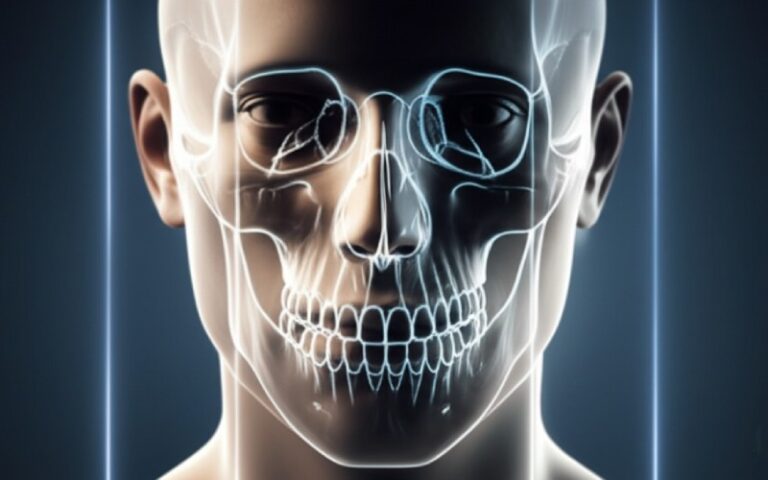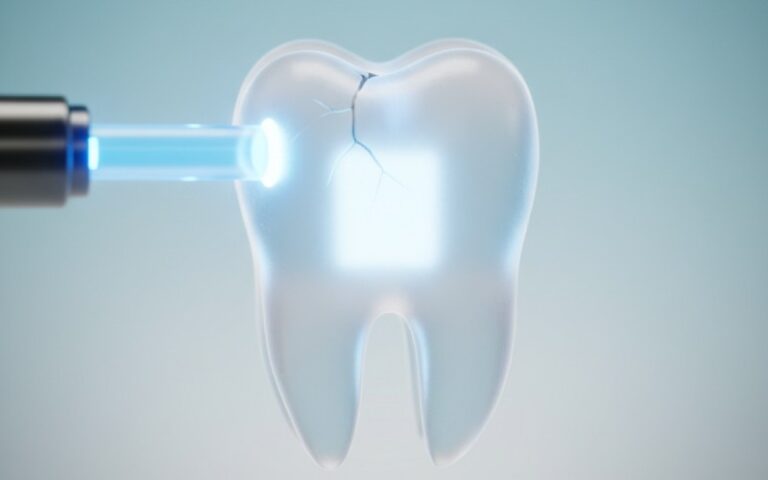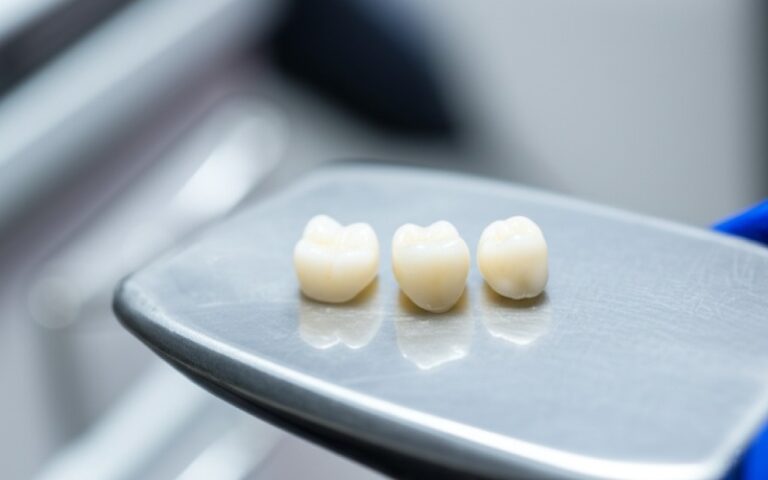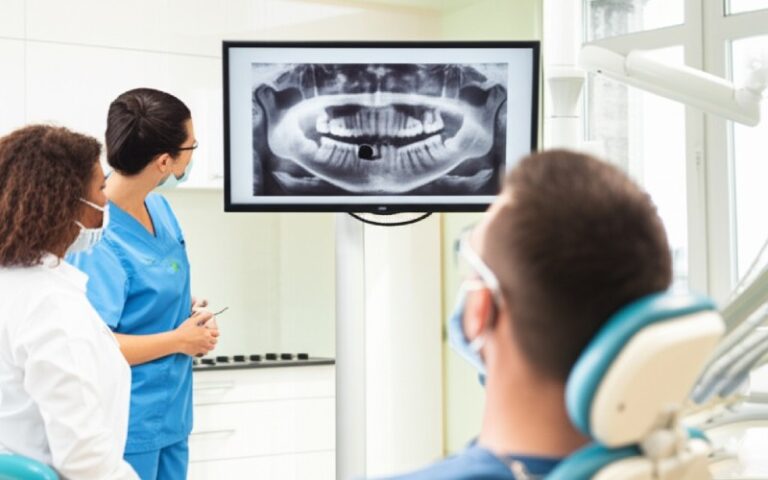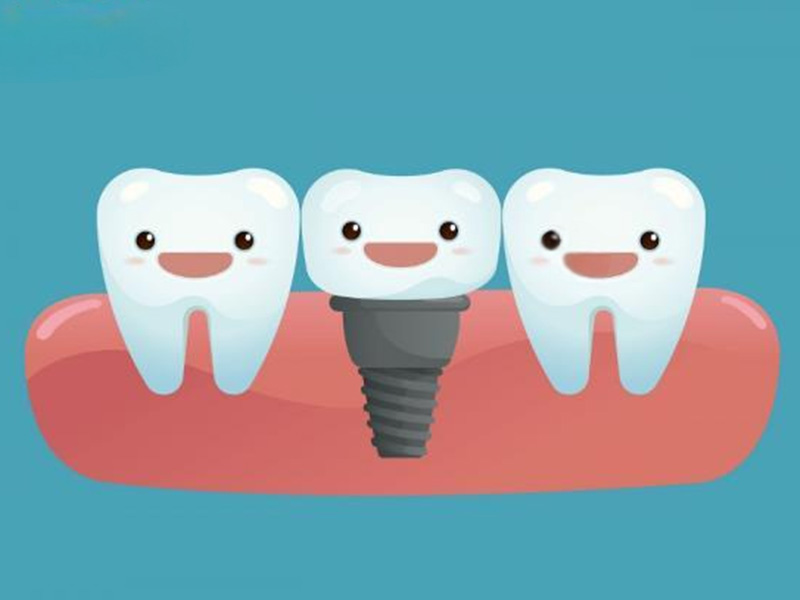
5 Tips for Adjusting to New Dentures
This article will share about adjusting to life with dentures. If you’re starting this journey, this post will give you the practical steps and encouragement you need. We’ll cover everything from eating and speaking to cleaning and seeing your dentist. These tips for adjusting will help make the transition smoother.
Table of Contents
What Should I Expect When I First Get My New Dentures?
When you first start wearing dentures, it’s normal to feel a little strange. Your mouth is getting used to a new appliance. Your gums and the tissues in your mouth need time to adjust to the pressure and feel of the denture. You might also notice that you are producing more saliva than usual. This is your body’s natural reaction, and it will slow down as you get more used to wearing your new denture.
The first few weeks are a key adjustment period. Your new dentures are designed to replace missing teeth and restore your smile, but they won’t feel like your natural teeth right away. You might feel some minor discomfort or even a little bit of irritation. The key is to be patient with yourself and the process. Remember, thousands of people go through this every year. The steps you can take in these early days will make a big difference in how quickly you get comfortable with your new denture. This is the start of the adjustment process, and it’s a marathon, not a sprint.
Why Do My New Dentures Feel So Strange?
Your new denture may feel bulky because your facial muscles and tongue are not used to it. These muscles have learned to work without a full set of teeth. Now, they have to learn a new way to move and rest. Your tongue might feel like it has less room. Your lips might feel pushed out a bit. All of this is part of your body learning to work with the new denture.
Your facial muscles play a huge role in how your denture feels and functions. Over time, these muscles will strengthen and adapt. They will learn to help hold your denture in place while you are eating and speaking. Think of it like breaking in a new pair of shoes. At first, they feel stiff and awkward. But after you wear them for a while, they soften up and become comfortable. Your denture is similar. As your muscles adjust, the denture will begin to feel more natural and less like a foreign object. This is a crucial part of getting used to wearing your new denture.
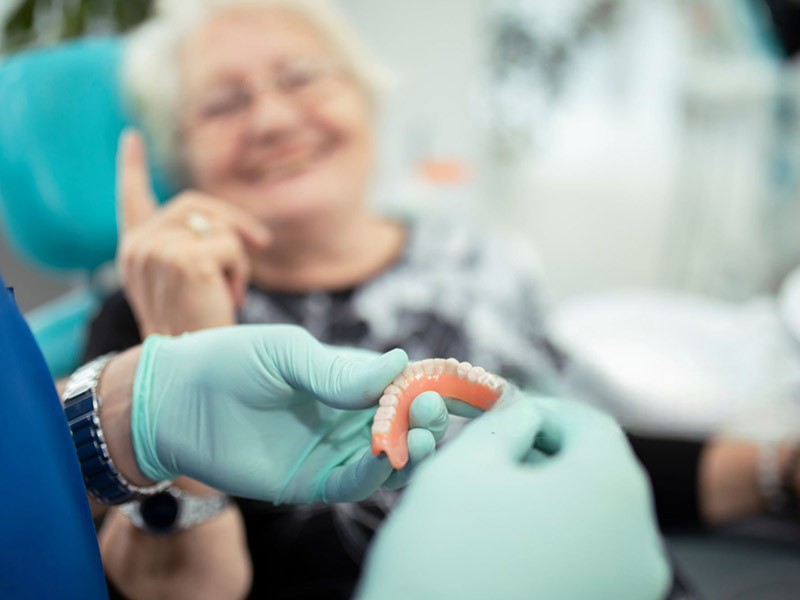
Will I Ever Be Able to Eat Normally Again with a Denture?
Yes, you will! But it takes time and practice. In the beginning, eating will be your biggest challenge. Try to start with soft foods that were easy to chew. Things like yogurt, mashed potatoes, and soup can be your best friends. Softer foods put less pressure on your gums and your new denture. This helps prevent soreness while you are still in the early stages of the adjustment process. This is one of the most important tips to help you adapt.
When you feel ready to try more solid foods, there are a few tricks. Start by cutting your food into smaller pieces. This makes it much easier to manage. Also, try to chew slowly and use both sides of your mouth at the same time. This helps keep the pressure even on your denture and stops it from tipping. You should also avoid sticky or very hard foods at first. Things like chewing gum, hard candy, or tough meats can be difficult. With a little practice, eating with your denture will become second nature. It takes time to adjust to eating, but you will get there.
How Can I Practice Speaking with My New Denture?
Speaking with a new denture can also feel a bit strange. This happens because your tongue has to find a new position against the denture to make sounds correctly. This is a completely normal part of adjusting to new dentures. Don’t worry, your speech will return to normal with a little bit of work.
The best thing you can do is practice speaking. It is helpful to read a book or a newspaper out loud to yourself. To say the words slowly and carefully. This would help your tongue and lips get used to the feel of the denture. Singing along to the radio in the car was another great way to practice. The more you talk, the faster you will adjust. Soon enough, you won’t even think about the denture when you are talking. Your confidence will grow, and you’ll be speaking clearly again.
What if I Get Sore Spots from My New Denture?
It is very common to develop sore spots during the first few weeks of wearing a new denture. A denture rests on your soft gum tissues. As your mouth gets used to the new pressure, some areas may become tender. These sore spots can cause pain or irritation, especially when you chew. It’s a sign that your denture may need an adjustment.
If you are experiencing significant pain or ongoing discomfort, don’t hesitate to contact your dentist. Do not try to adjust the denture yourself, as this can damage the appliance and make the problem worse. Your dentist can make small changes to the surface of the denture to relieve the pressure on the sore spot. Regular visits to your dentist are important during this initial period. They are there to help make the transition as smooth as possible and ensure your new denture fits correctly and comfortably on your gum.
Should I Use a Denture Adhesive for a Better Fit?
Denture adhesive can be a helpful tool, especially when you are just getting used to your new smile. An adhesive is a special paste, powder, or pad that helps hold your dentures in place. It can give you an extra sense of security and boost your confidence while you are learning to eat and speak with your new denture. It can make the denture feel more stable and reduce the chances of it slipping.
However, a denture adhesive should not be used to fix a denture that does not fit well. If your denture feels very loose or causes constant pain, it likely needs an adjustment from your dentist. An adhesive is a temporary helper, not a long-term solution for a poor fit. Whether you have complete dentures or a partial denture, the fit is the most important thing. Talk to your dentist about whether using an adhesive is a good idea for you. They can recommend the right type and show you how to use it correctly.
How Do I Master My Daily Denture Care and Hygiene?
Proper denture care is essential for your oral health. Just like natural teeth, a denture can build up plaque and food particles. It is very important to clean your dentures daily. This will help prevent stains, bad breath, and other dental problems. Good hygiene for your denture and your mouth is a habit you need to build right away. Caring for your dentures is a key part of your overall oral health.
To clean your denture, you should use a soft toothbrush or a special denture brush. Use a non-abrasive denture cleaner, not regular toothpaste, which can be too harsh and scratch the surface. Brush all surfaces of the denture gently. When you are not wearing your dentures, you need to keep them moist so they don’t lose their shape. Place them in water or a denture solution. You also need to take care of your mouth. Gently brush your gums, tongue, and the roof of your mouth with a soft toothbrush to clean them and improve circulation. This will help keep your mouth healthy.

Do I Really Need to Remove My Dentures Every Night?
Yes, absolutely. It is very important to remove your dentures every night before you go to sleep. Your gums and the bone underneath them need a chance to rest from the pressure of the denture. Wearing your denture 24 hours a day can lead to irritation and can even speed up bone loss in your jaw. Giving your mouth a break is a critical part of long-term oral health.
When you remove your denture for the night, it’s the perfect time to clean it thoroughly. After cleaning, you should place your denture in a glass of water or a denture solution to keep them moist. This helps your appliance maintain its shape. Taking your dentures out at night is a simple but vital part of good denture care. It allows your gum tissues to recover and helps ensure your mouth stays healthy for years to come. You should remove your dentures every single night without fail.
When Should I See My Dentist for a Denture Adjustment?
Your relationship with your dentist doesn’t end when you receive your new denture. In fact, follow-up visits are a critical part of the process. Your dentures may need adjusting a few times after you first get them. As your gums heal and your mouth changes, the fit of your denture will change, too. If your dentures feel loose, cause sore spots, or make a clicking noise when you talk, you probably need an adjustment.
Don’t hesitate to call your dentist or prosthodontist if you feel that something is not right. General dentists are also skilled in this area. Trying to live with an ill-fitting denture can cause a lot of problems, from pain to difficulty eating. Your dentist can quickly and easily make the small adjustments needed to make your denture comfortable again. Regular dental check-ups are also important to check the health of your mouth and the condition of your denture. Sometimes, even if you have no natural teeth left, dental implants can be an option to support a denture, known as implant-supported dentures, which your dentist can discuss with you.
How Long Does the Full Adjustment Process Really Take?
Adjusting to new dentures is a different journey for everyone. There is no magic timeline. For some people, it might take a few weeks to get comfortable. For others, it might take a few months. The key is to remember that this process takes time. Be patient with yourself. Getting used to wearing a denture is a big change for your mouth and your brain.
Your positive attitude plays a big role. Celebrate the small victories, like being able to eat a new food or having a long conversation without thinking about your denture. The more you wear your denture and practice with it, the quicker you will adjust. Eventually, wearing your denture will feel completely normal. It will become a part of you, helping you eat, speak, and smile with confidence. It’s not just about replacing multiple teeth or missing teeth; it’s about getting your quality of life back.

